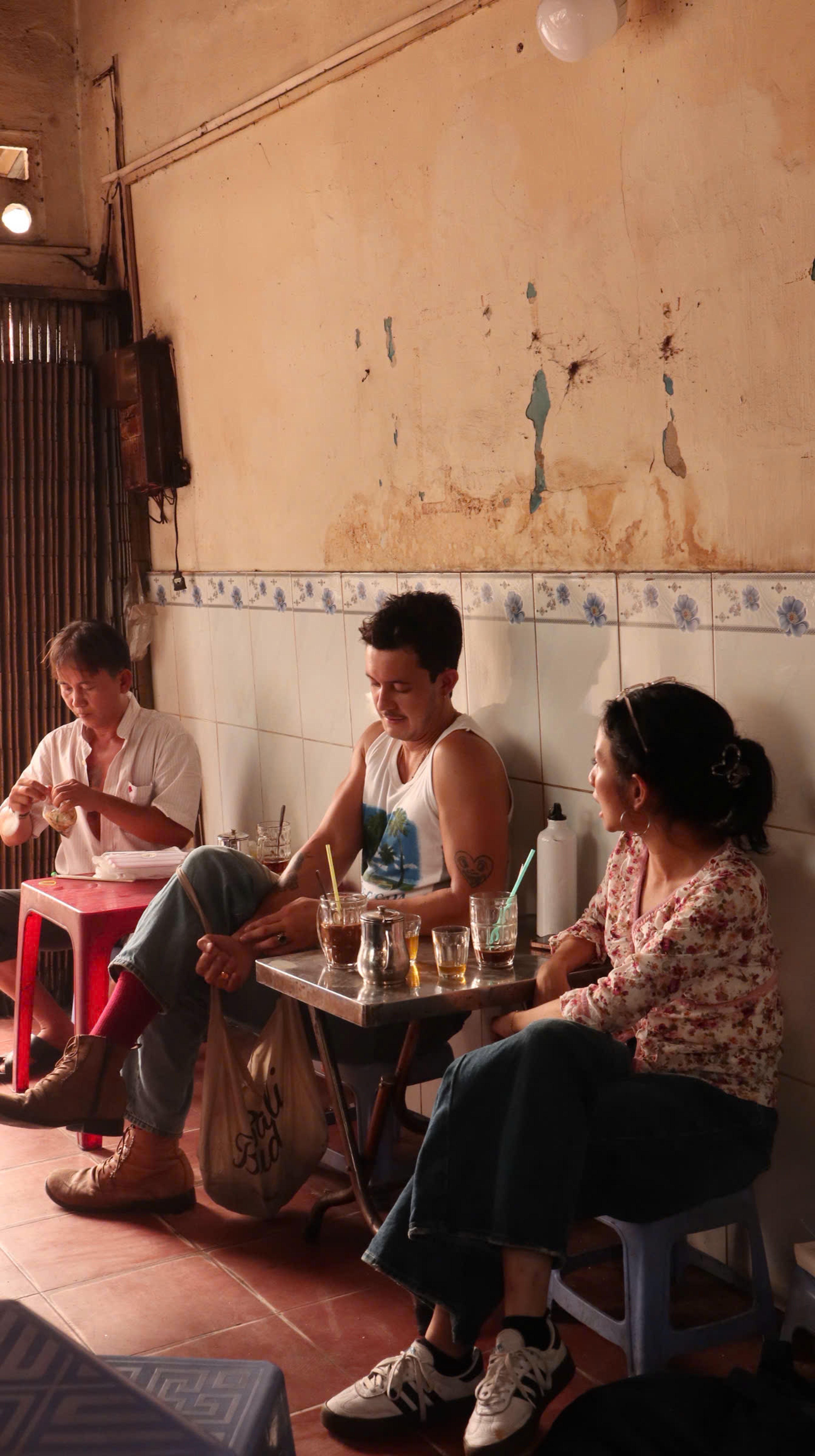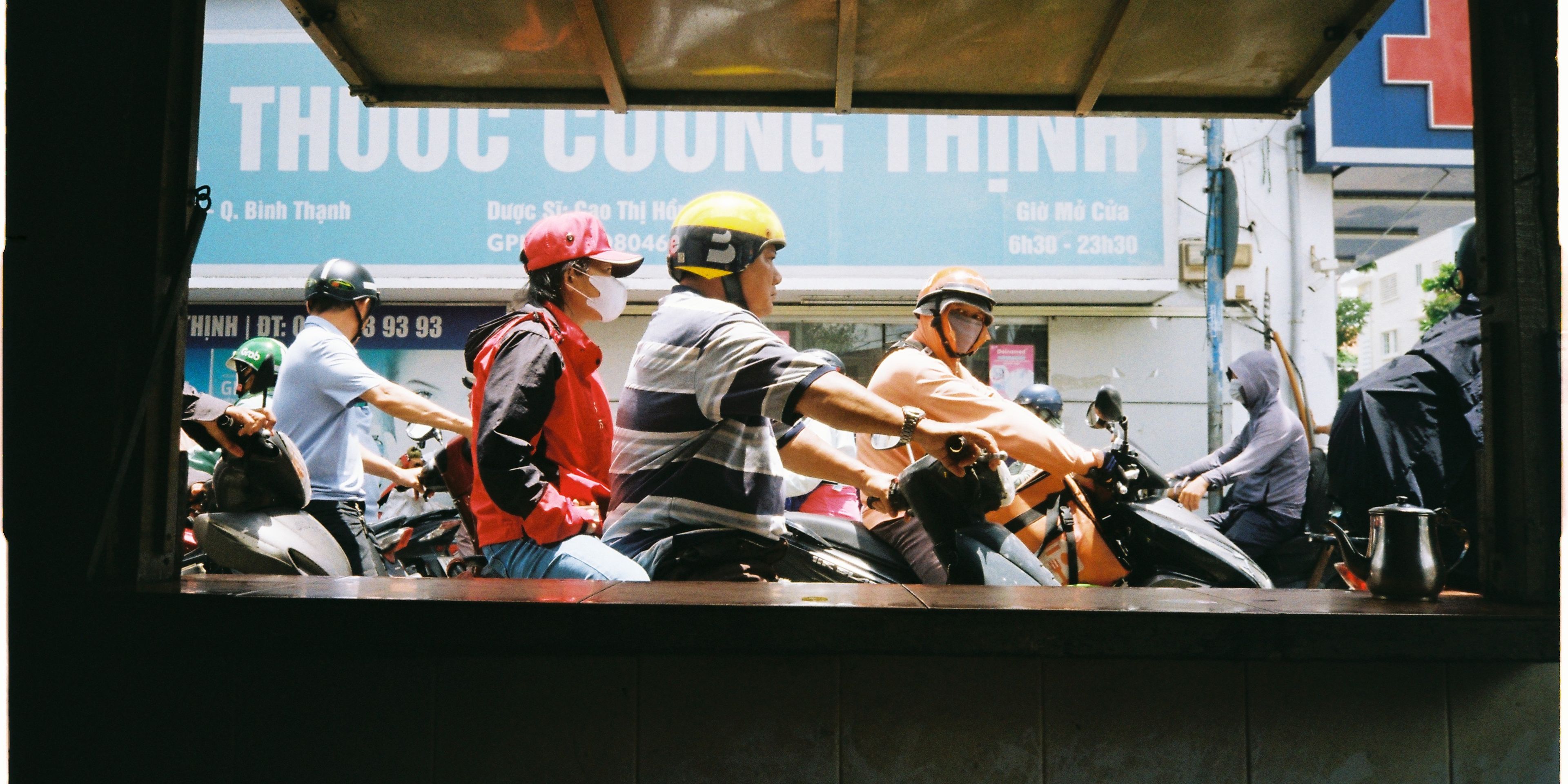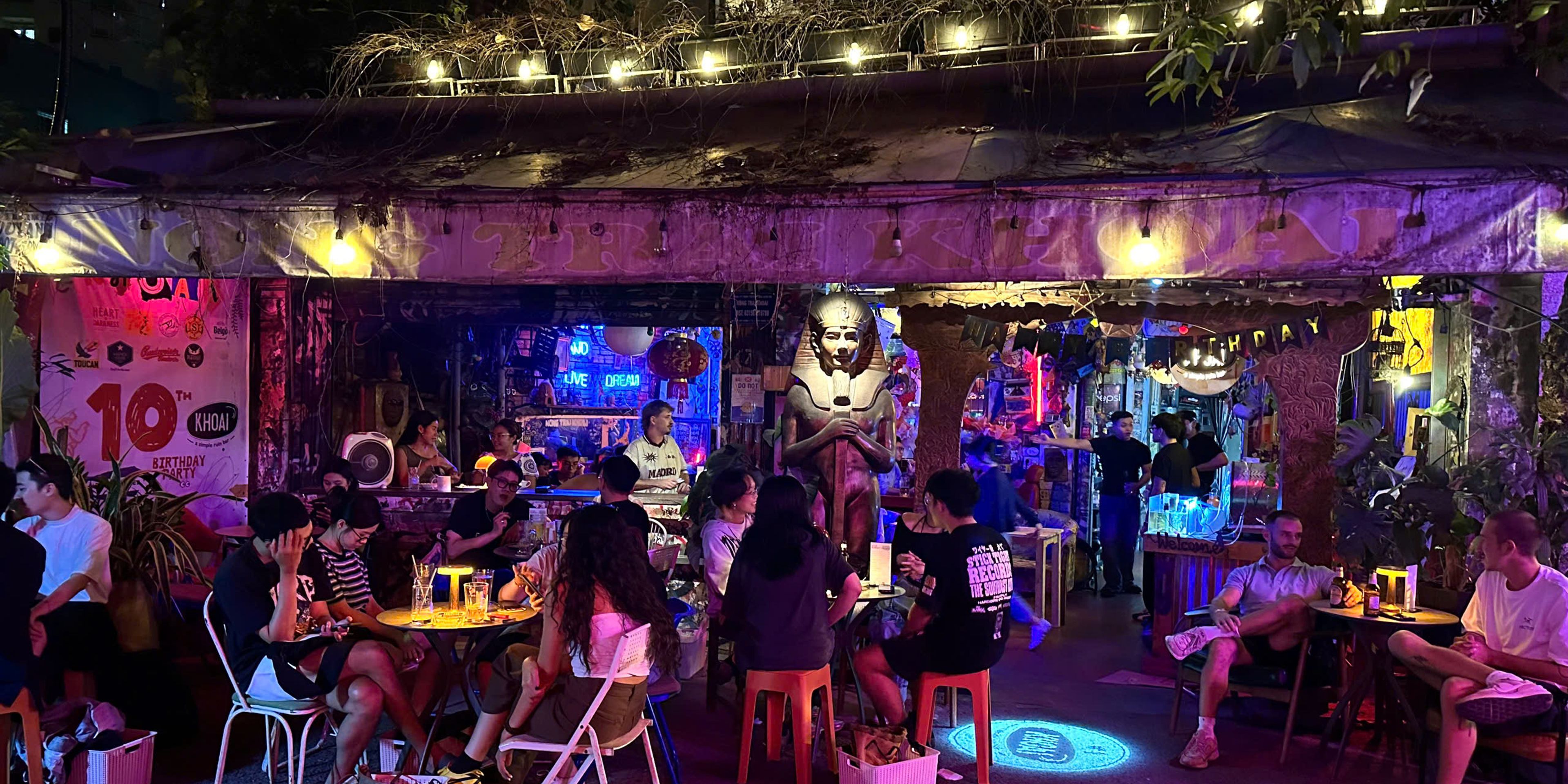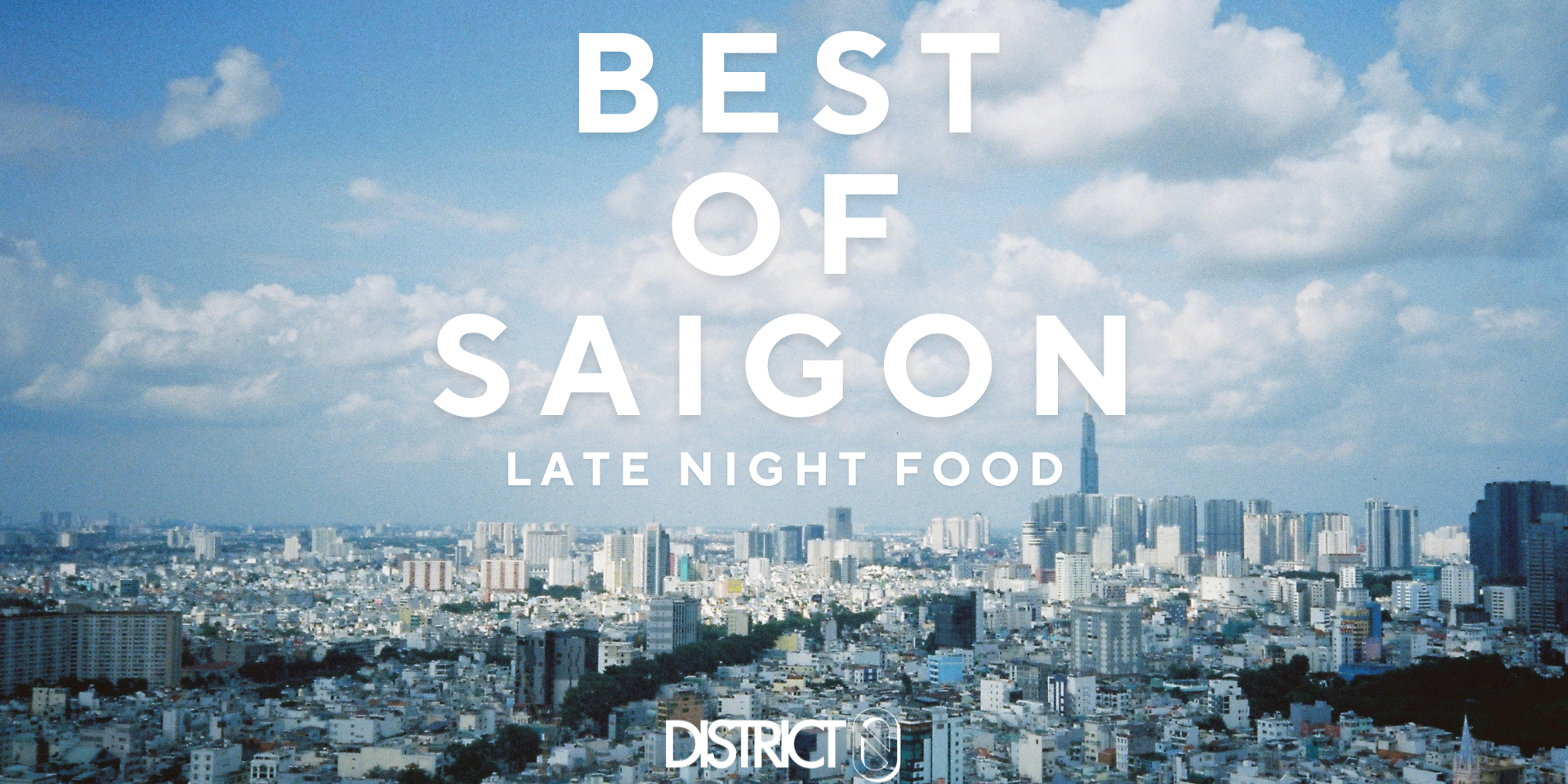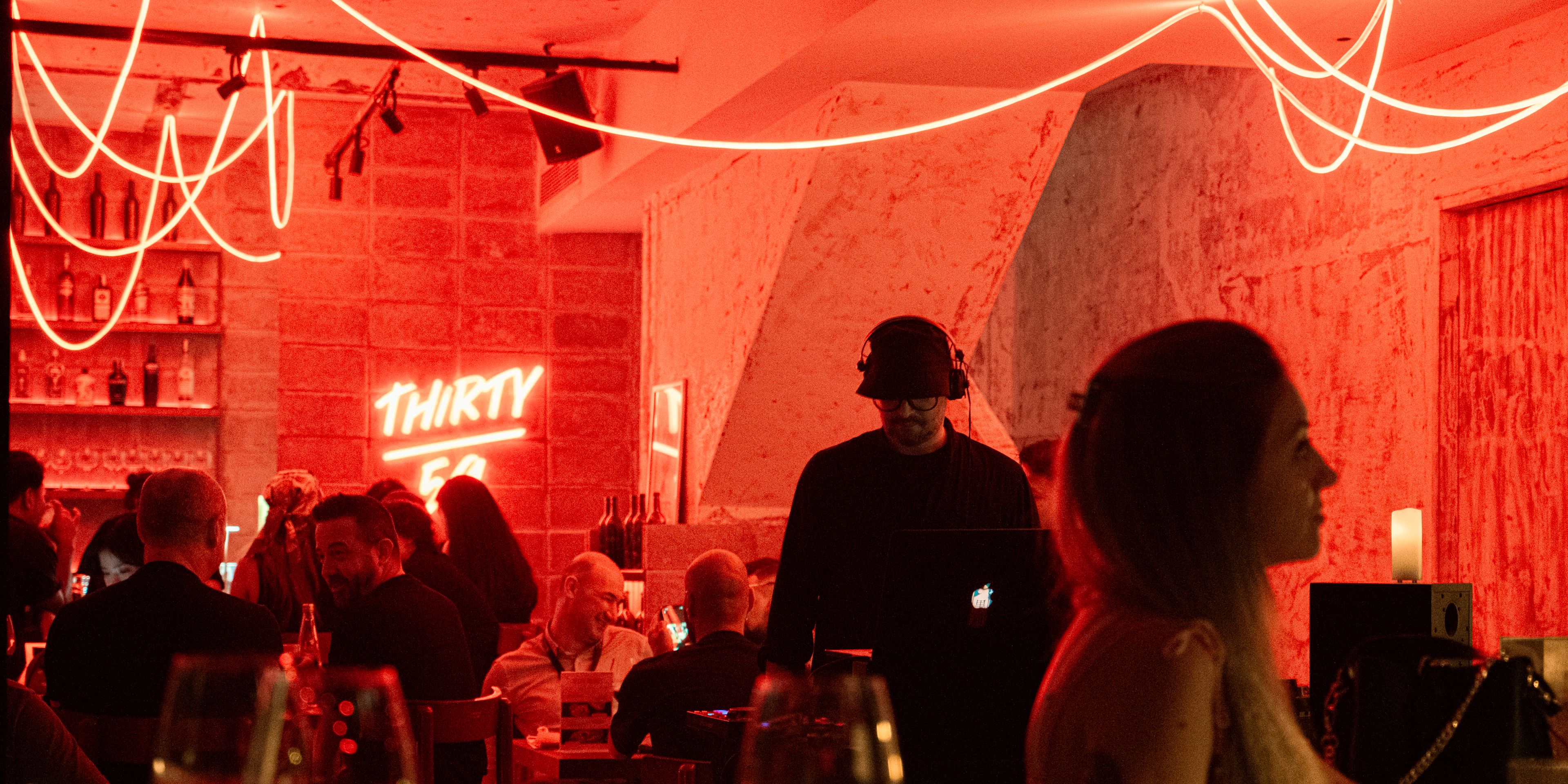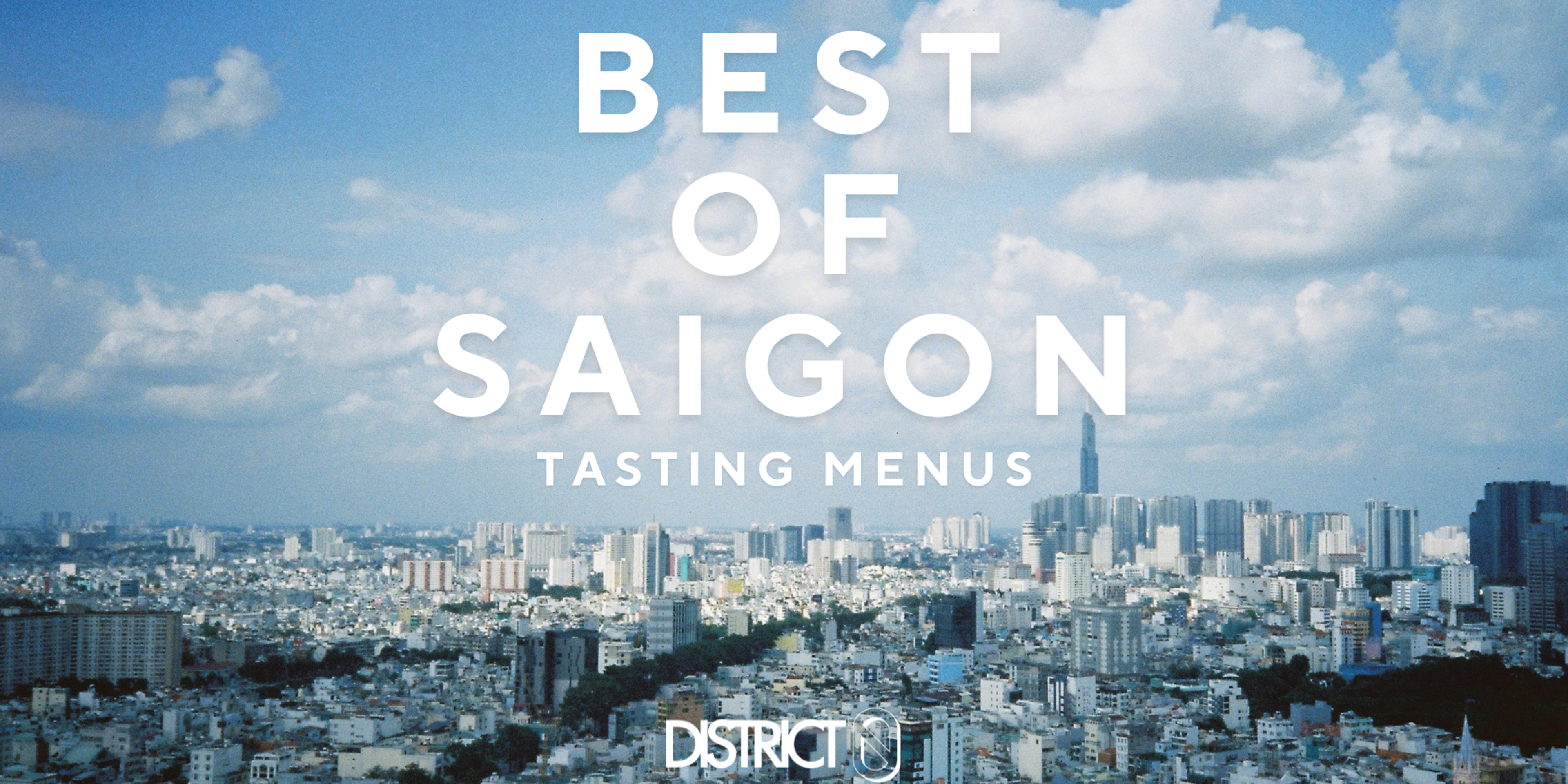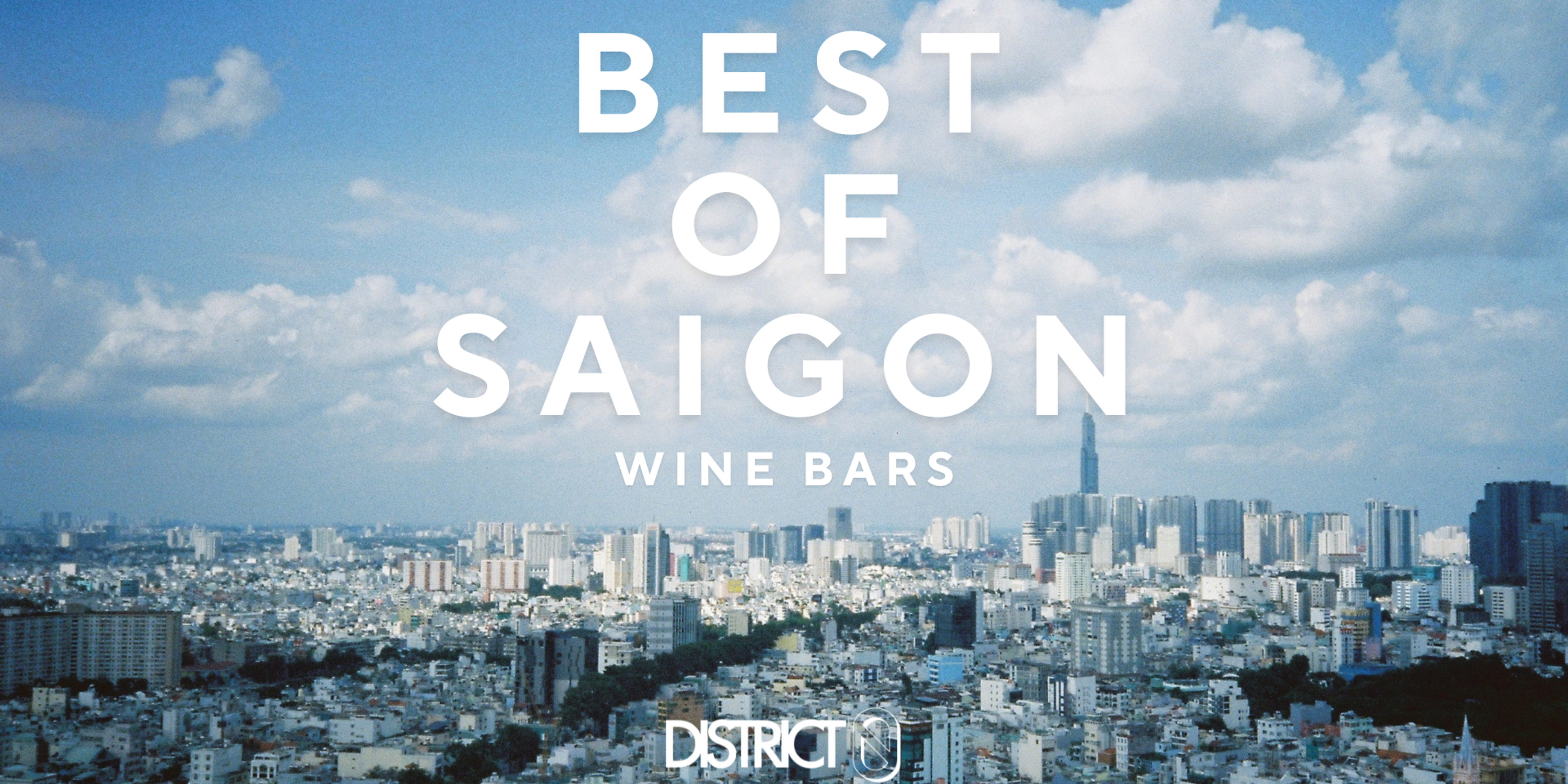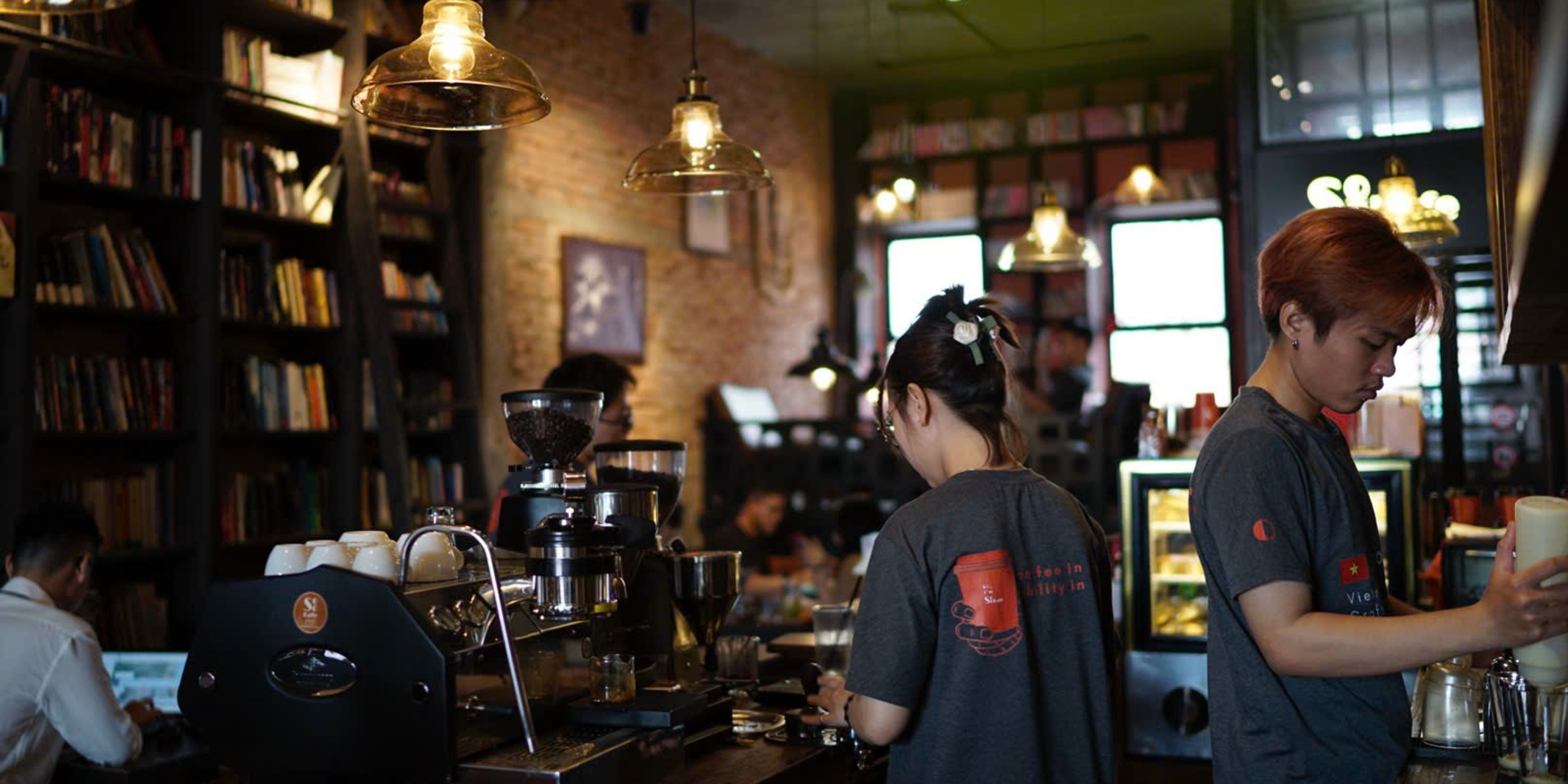There are hidden gems and then there are hidden gems. This is something you realise after you’ve done a fair bit of writing for blogs, travel guides, and magazines. Within this kind of writing, there are certain terms one tends to throw around, buzz words like ‘nestled’, ‘breathtaking’, ‘unique’, and phrases such as ‘off the beaten path’ and ‘a foodie’s paradise’. I’m no stranger to any of these. I’m just as guilty as anyone else at using them throughout my articles whenever I’m not really sure what to say, or, frankly, I’m just bored. Out of all of these words and phrases however, there’s one that can often feel like sacrilege to use. It’s that of the ‘hidden gem’. What, for one, constitutes a hidden gem? Everyone’s got their own answer and no one’s ever wrong. As a result, most people—myself included—throw it around rather loosely. It wasn't until recently however that I believe I’ve come across a place actually worthy of being considered a hidden gem. After all, there are hidden gems and then there are hidden gems.
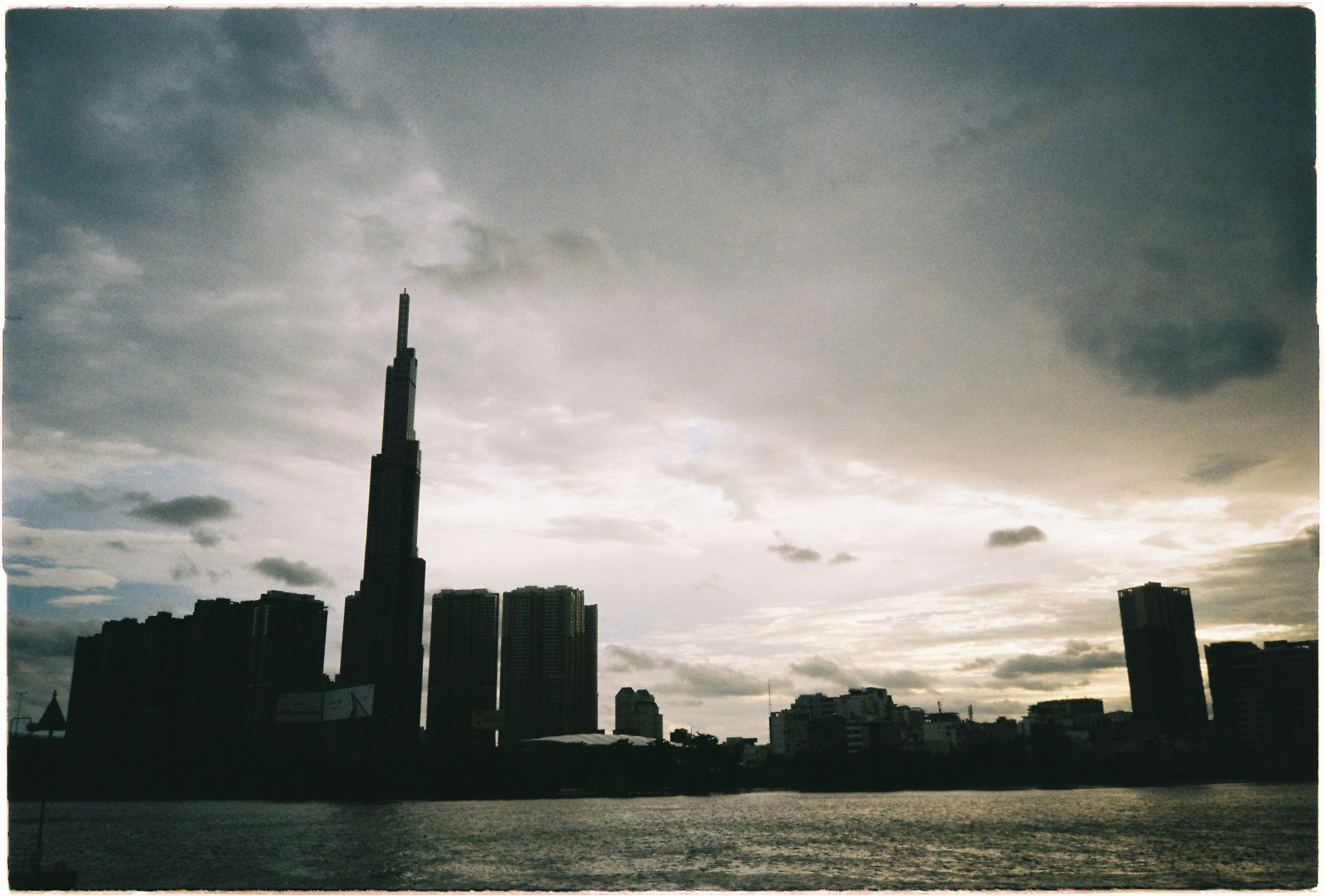
On the corner of Phan Văn Hân and Xô Viết Nghệ Tĩnh is a cafe that doesn’t have a name. I hesitate to even call it a cafe given that whenever you hear that word nowadays you’re expecting spacious, air-conditioned, pristine spaces where the chairs look more like art installations rather than pieces of furniture. This spot is nothing of the sort. It’s small, there are only a couple fans on the walls, and the floor gets littered with cigarette butts and lottery tickets, chucked on the ground by the old men who make up most of the place’s clientele. In a way, during my two hours spent there, it reminded me of a gentleman’s club. I don’t mean those flashy, neon-lit clubs that host bachelor parties in Las Vegas. I’m talking about hole-in-the-walls you might stumble upon in a forgotten town in Europe, where the local men drink and sing and chat about whatever it is they want, far away from their wives’ ears.
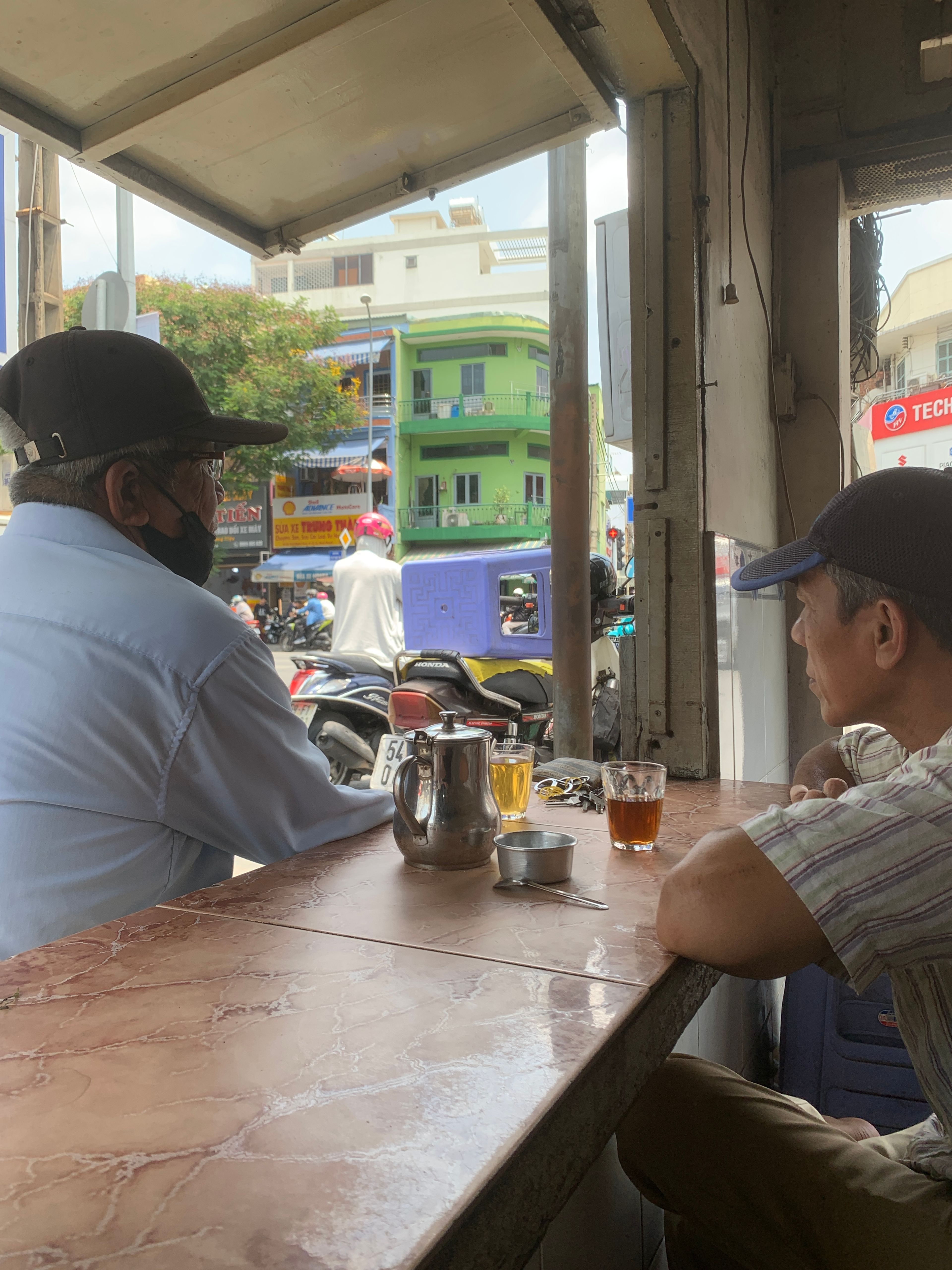
I was at this particular spot thanks to two friends who run a vintage clothing shop called The Demor. It was funny how not long after we’d gathered a group of older fellas—clearly regulars—started speaking to us, as curious as they were pleased at our unexpected presence. They were friendly, seemed to be on something of a work break as they stepped in one-by-one, pulling out blue plastic stools from a stack and sitting wherever they could find a bit of room. They asked where I was from and my friends translated. What followed was the standard list of questions most foreigners have been asked at least once by interested locals. Why did you come to Vietnam? How long have you been here? How old are you? When I said twenty seven one of the guys told me that we’re all in our mother’s tummy for nine months so really, we’re all a year older than we think. Twenty eight then. This list of questions always ended with whether I was married. I told them I was single. I was twenty seven—twenty eight—and in my mind, too young for that. Hearing me say this, a guy who’d been talking to us from his bicycle on the sidewalk said that when he was twenty seven he was already married, before proceeding to boast that now he’s older and more handsome, he’s got another two wives.
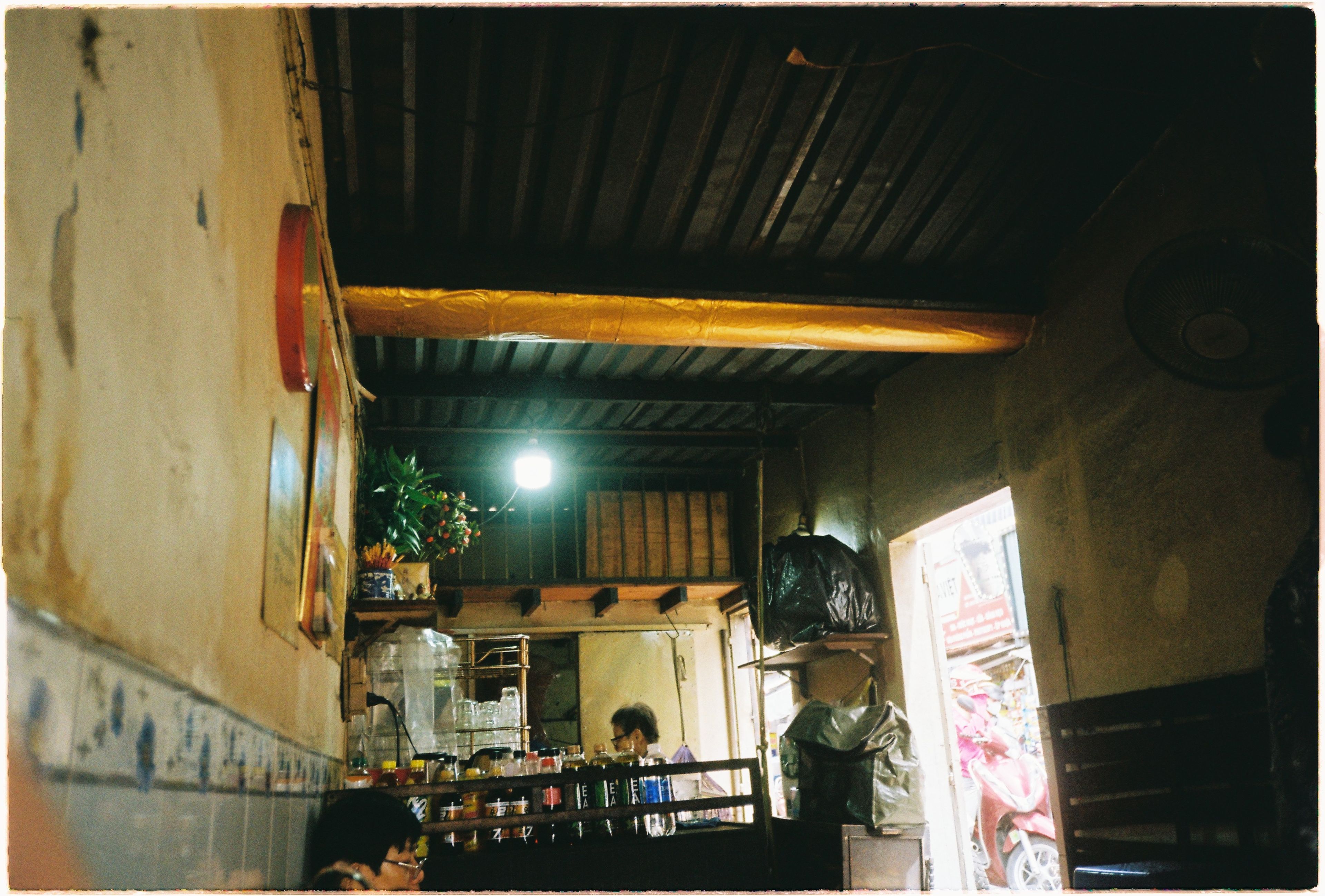
After a while, the regulars dispersed. It was funny to see how casual their coming and going was, and I imagined they came and went this casually every day, at every hour, never really telling each other when they were coming or going but somehow bumping into each other anyways. This was their spot, after all. I figured they must’ve been coming for decades, the world outside in constant motion while everything between the old, discoloured cafe walls stayed the same as the day its doors first opened. It was comforting. Almost as if you were inside Saigon's history when you sat in the cafe, watching the city roll on outside with Time’s inescapable push forward. Motorbikes puttered and honked. Cars and buses barged their way through. Perhaps at one point there’d been no motorbikes, no cars and buses barging their way through—only locals on bicycles and even more who had to walk. Still, I imagine the cafe had been there even then, providing a moment’s shade for the workers who laboured under the blaze of Vietnam’s sun. Thinking about it, I suppose the cafe will always be there. It’s got no name, no location on Google and that’s the way it should be. The local guys will stop by for a quick drink, smoke, and the lady who I figured owned the place would know their names, give them their drinks and pause for a chat—maybe not—while everything outside ticked on with Time’s inevitable push forward. But in the cafe with no name, life would be put on hold.
